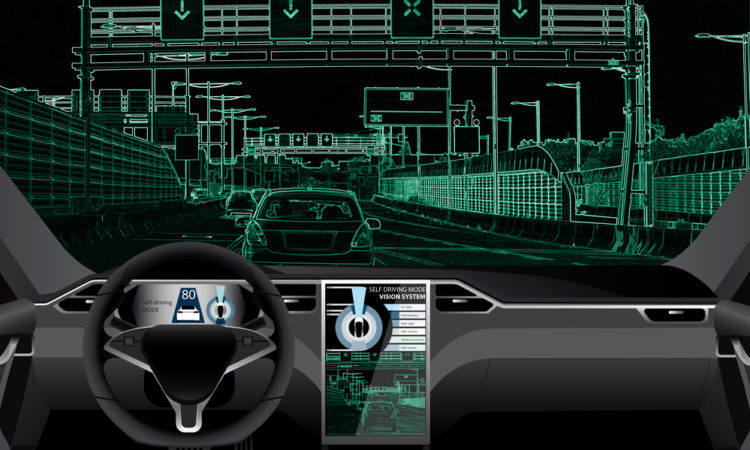
South Korea unveiled the “Mobility Innovation Roadmap” to transform the cities
The mobility sector is undergoing major transformation owing to advancements in information and communication technology. The Ministry of Land, Infrastructure and Transport, Government of South Korea has unveiled “Mobility Innovation Roadmap”, to establish its leadership in the mobility sector and to promote innovative services.
The ministry set up the ‘Mobility Innovation Committee to identify key technologies and prepare the future roadmap, consisting of experts from the private sector working in the field of solely of transportation, consumer, and IT. The ministry plans to expand and reorganize the Mobility Innovation Committee into a public-private joint organization for the smooth implementation of the mobility roadmap, check the implementation status of the roadmap, and discuss discovering new tasks and supplementing existing ones.
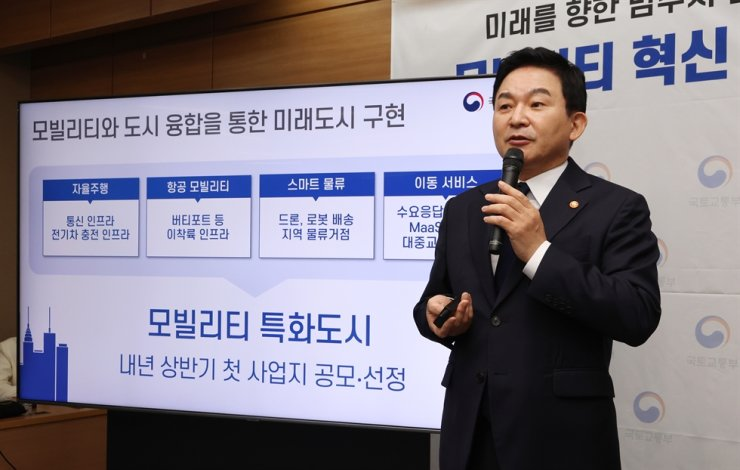
The country aims to overhaul the public transportation system by 2024 to facilitate the early operation of the high-tech future mobility network by focusing on 4 key areas:
- Autonomous vehicles
- Urban Air Mobility (UAM)
- Digital Logistics
- Mobility services
The main tasks of the roadmap are divided into
- Short-term tasks to be implemented by next year
- Mid-term tasks to create tangible results by 2027
- Long-term tasks that require continuous review and implementation thereafter
The key targets set under the roadmap are:
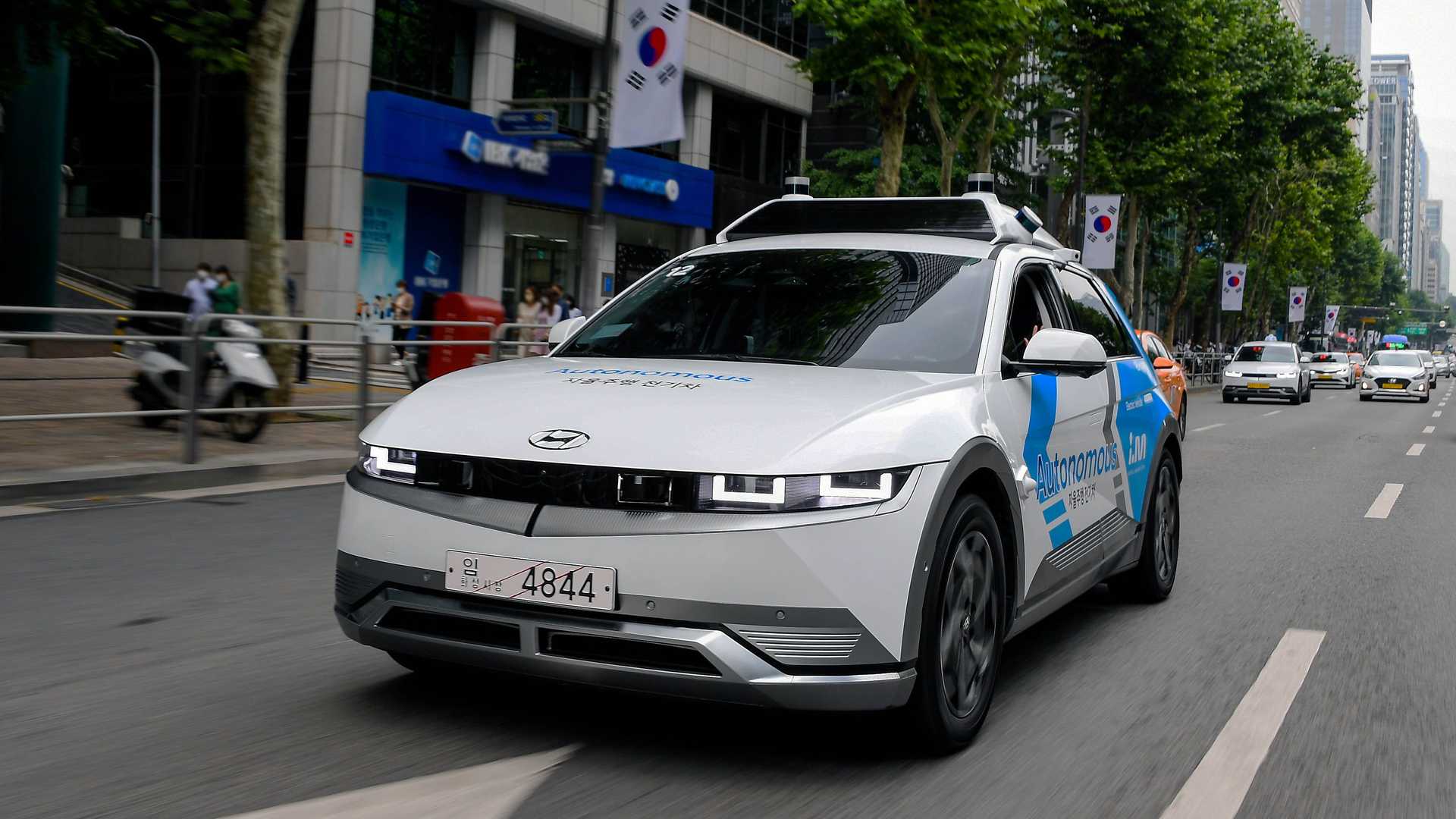
Autonomous Vehicles
South Korea envisions having half of all new cars to be fully automated by 2035, and yearly deaths caused by traffic accidents to drop to below one thousand. Other key targets are:
- South Korea aims to release a Level 3 autonomous car by the end of 2022 becoming the third country in the world to do so, after Germany and Japan
- The autonomous buses will be launched on public roads by 2025 and cars by 2027
- The country will also change car insurance, driver’s license, and traffic-related laws to fit Level 4 automation
- By 2030, real-time communication infrastructure will be built on national roads (about 110,000 km), and congested areas such as downtown areas. The country will establish a nationwide real-time communication infrastructure on national roads on direct communication method (WAVE or C-V2X), but for non-congested areas, the hybrid method is promoted, such as using the existing mobile communication network (V2N method)
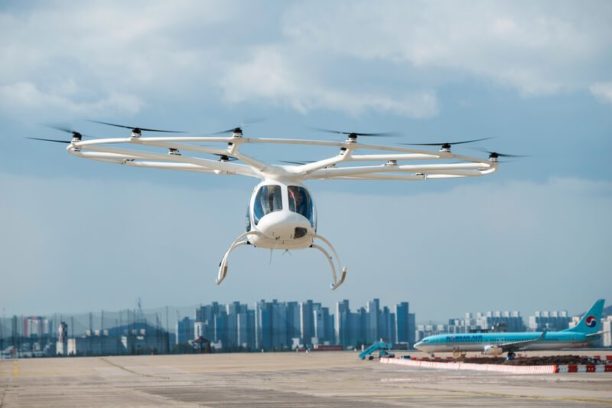
Urban Air Mobility (UAM)
South Korea aims to increase the use of UAM, small and highly automated aircraft to carry passengers or cargo at low altitudes in urban areas, mostly to avoid traffic congestion.
- To promote the sector, the country has enacted the UAM Act, excluding the application of existing laws such as aviation safety, business, and security for demonstration and pilot projects
- Fully commercialized UAM services will start being provided in 2025, following safety and communication system tests in South Jeolla Province. Traveling at a speed of 3-hundred-20 kilometers per hour, it will only take 25 minutes to travel from the city of Incheon to Seoul’s Jamsil-dong area, which takes about an hour now
- The urban demonstration route will be confirmed and announced in first half of 2023 and route plans for each region will be prepared by 2024
- The full commercialized UAM services will expand across the country from 2030
- The country aims to cut travel time by 70 percent by 2025 and the service is expected to carry 2-hundred-10-thousand passengers every day
- The government will make investments for early establishment of dedicated infrastructure such as Vertiport (landing area) and communication network. Initially, Vertiports will be built at major airports, and then gradually expanded to major bases such as railway stations and complex transfer centers
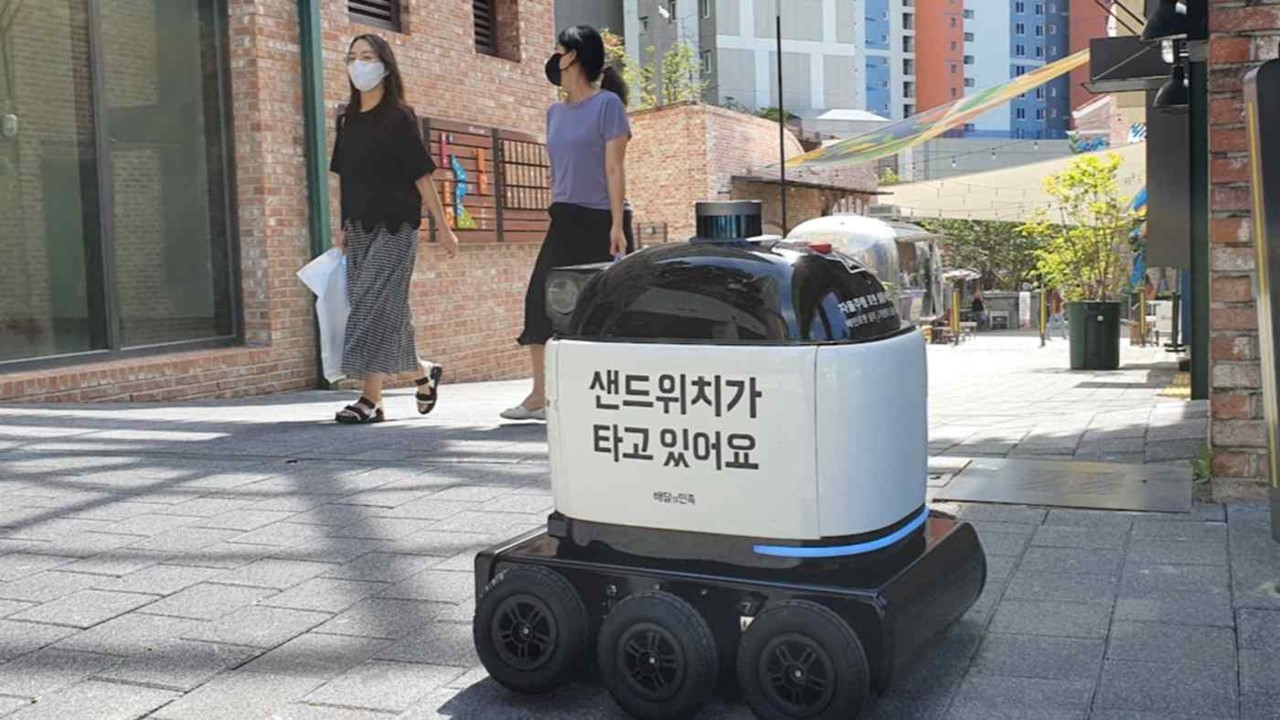
Digital Logistics
Through Smart Logistics Mobility, South Korea aims to enable users to receive desired goods anywhere in the country and at the desired time. Key initiatives are:
- Smart logistics services will enable customized robot- and drone-mediated delivery systems in stages through 2025, generating demand for overnight or same-day deliveries of light-weight parcels
- Under the Road Traffic Act, delivery robots are classified as ‘cars’ and are not allowed to pass on the sidewalk. The ministry will include delivery robots in the definition of ‘pedestrians’ and allow them to pass on the sidewalk
- Special liberalization zones for drones (currently 33 zones) that exempt and simplify flight pre-regulations will be additionally designated
- The country will explore the feasibility to deploy emerging technologies such as hyperloop capable of high-speed transportation (800-1,200 km/h)
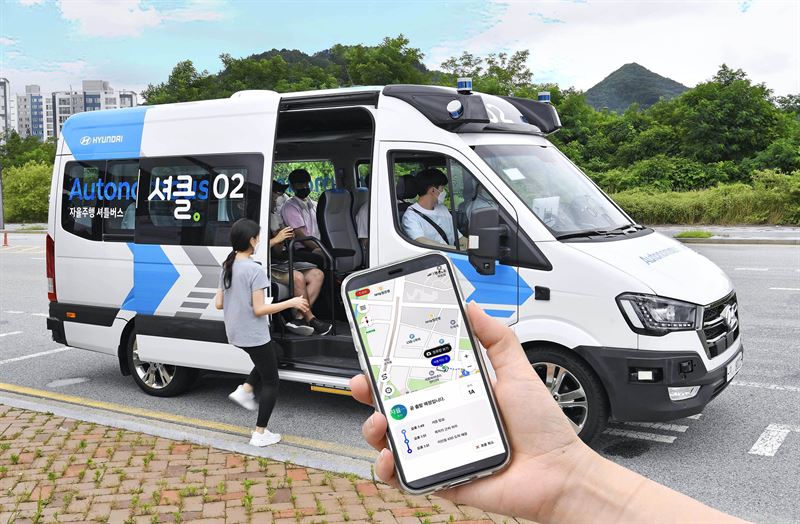
Mobility Services
The country aims to increase the use of technologies and innovative solutions to improve existing transportation services to meet diverse mobility demands.
- Demand Responsive Transport (DRT) using real-time demand using AI algorithms, will be expanded to suburban areas, new towns and late-night hours
- The ministry will push for MaaS (Mobility as a Service) application led by the private sector and will enable integrated management of various mobility data
- Enactment of the Personal Mobility (PM) Act, expansion of related infrastructure, and provision of incentives to activate personal mobility, and to strengthen first and last mile mobility
- Build ‘mobility-specialized city’ that prioritizes the implementation of mobility services from the urban planning stage and applies all relevant means and infrastructure to make the entire city a future mobility-friendly city
About The Author
Jaspal Singh is the Founder of Mobility Innovation Lab (MIL) and Host of the Mobility Innovators Podcast. If you are working on innovative ideas and solving mobility and transportation issues, please feel free to reach out. He loves to talk about startups, mobility, and technology.


